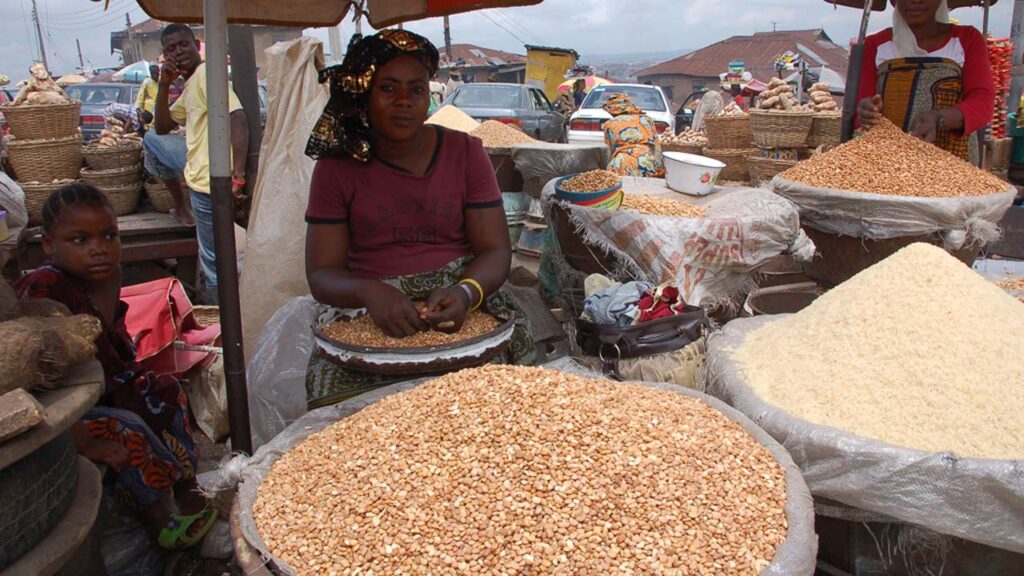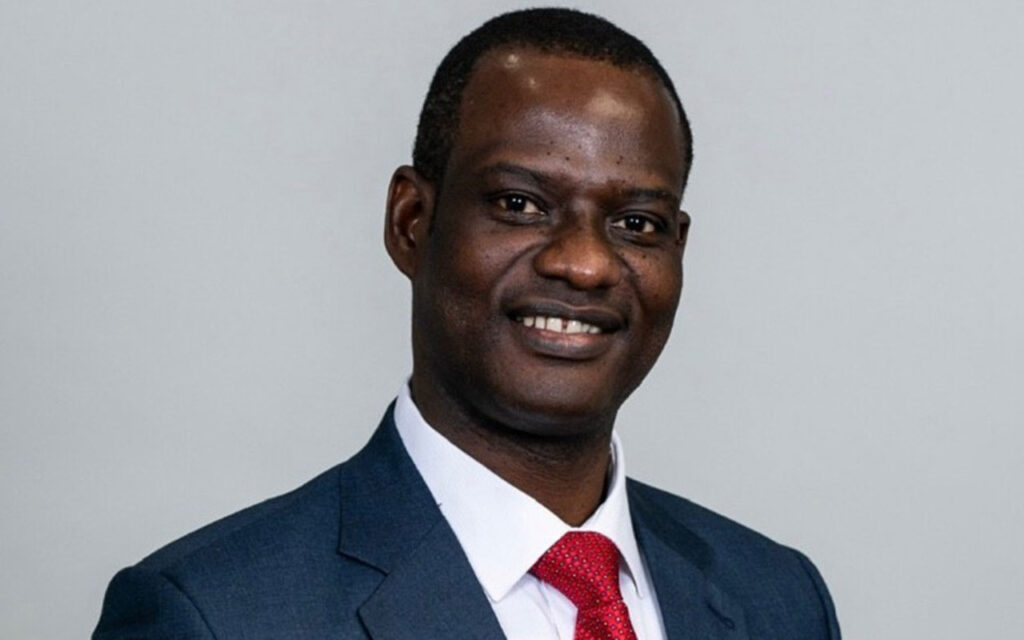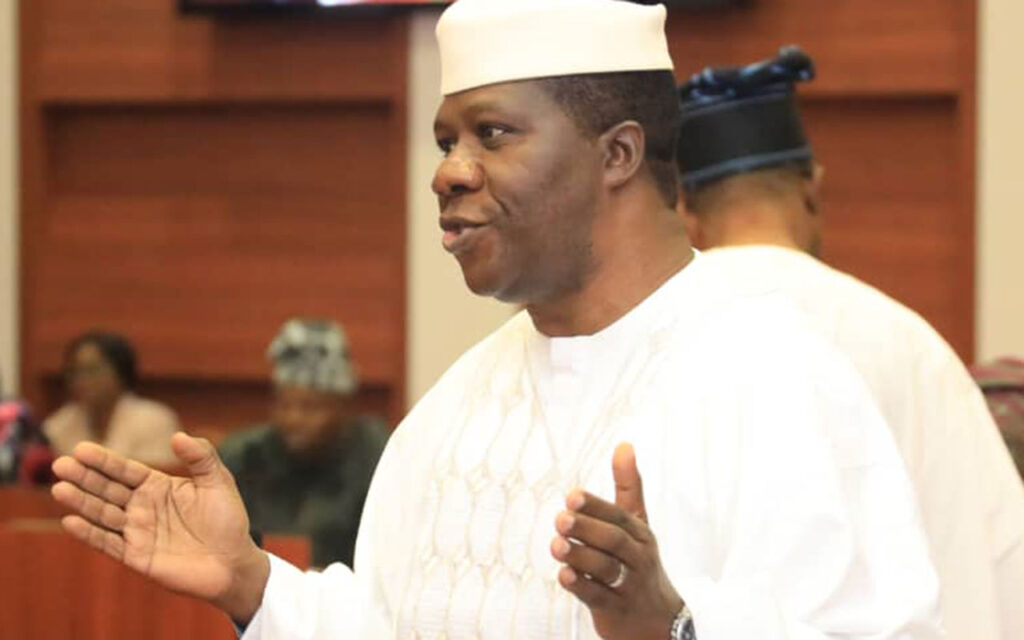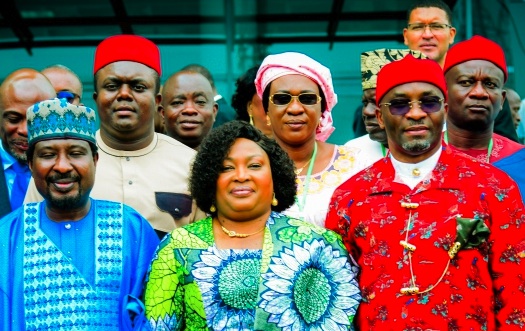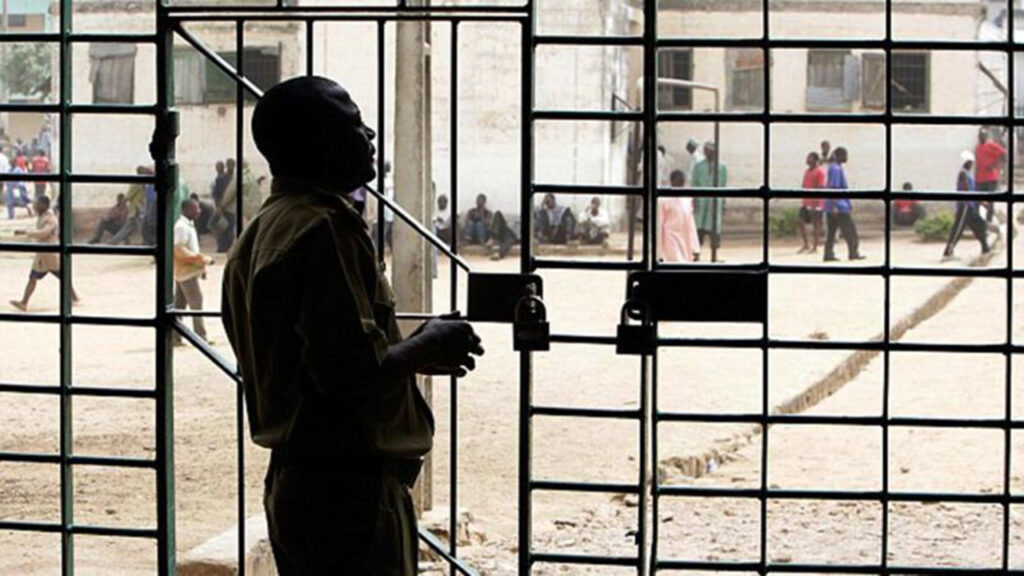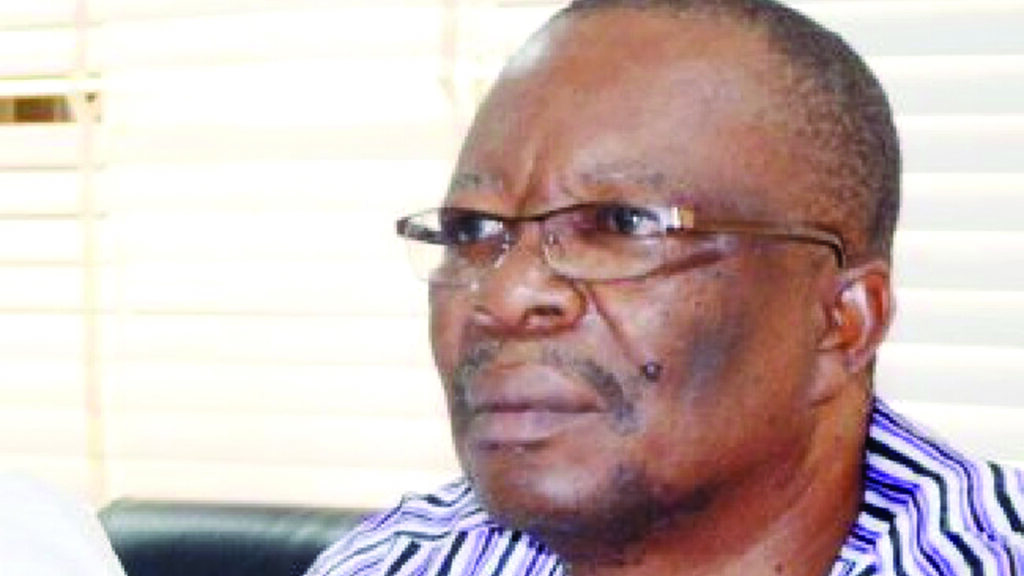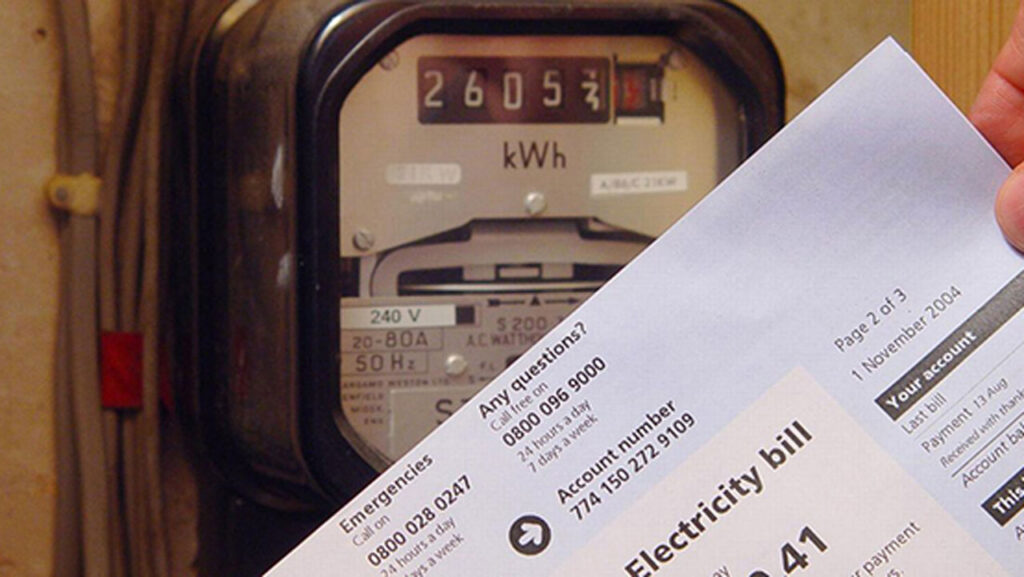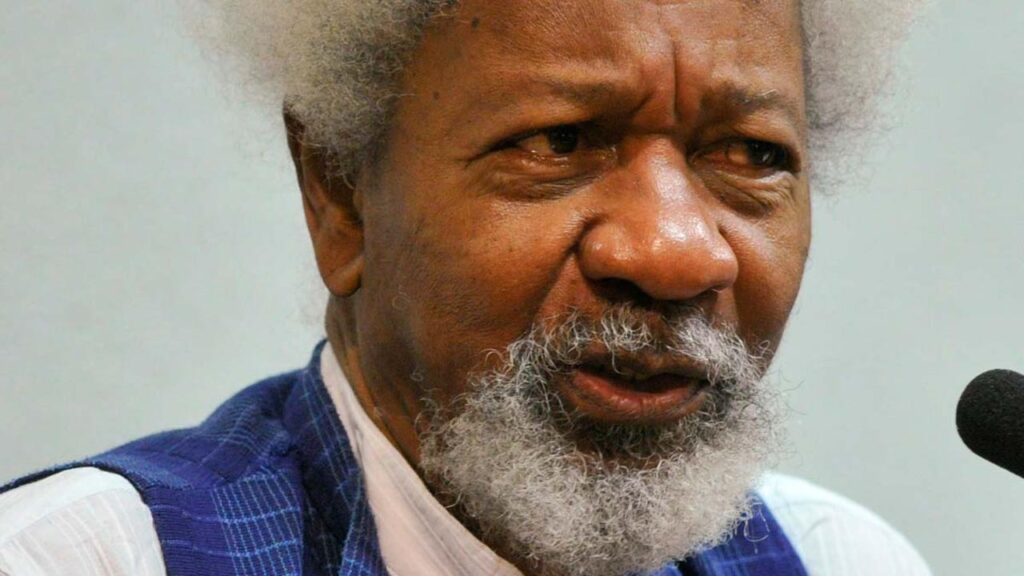
The Mothers and Marginalised Advocacy Centre (MAMA Centre) has called for targeted socio-economic empowerment programmes for female-headed households.
The Centre said that before the rising inflation, they observed that Nigerian women had been disproportionately affected by poverty, socio-economic hardship, discrimination and exploitation across spheres, including in politics, paid employment, inheritance, as well as the informal private sector where the recurring illegal and multiple taxes/levies cripple financial capacity and earning progression of women.
It stressed that women had been marginalised in all spheres of the economy.
Executive Director, MAMA Centre, Chioma Kanu, in a statement, yesterday, said that the huge budgetary allocations to various empowerment interventions at national and sub-national policy levels had failed to address the socio-economic plight of women.
She said that the rise in the cost of living in Nigeria largely had amplified socio-economic and financial burdens on the women population in all spheres, especially the female-headed households, which are already rendered incapacitated to provide for themselves and their dependent families. This is in addition to the continued physical and emotional abuses that women, including the rights holders, endure in their various homes and communities.
“While an estimated 82.1 per cent of women in Nigeria actively participate in the informal sector, such as agriculture and small businesses, their earning and financial capacities are hampered by multiple/illegal taxes and unlawful compulsory payments collected by the government without appropriate legal backing through intimidation and harassment of the women.
“We reiterate our position that gender equality is imperative for progress on socio-economic emancipation and development in societies across the world while calling for adequate policy attention to address the huge differences in the types of inequality faced by Nigerian women, from cultural representation, political inclusion, socio-economic capacity, education attainment to domestic burdens and child marriage,” she said.
The Centre further called for increased sensitisation and awareness for women in the informal sector on the appropriate tax/levy through harmonised structure, system, and process that prevents or sanctions unscrupulous activities in the tax regime.

